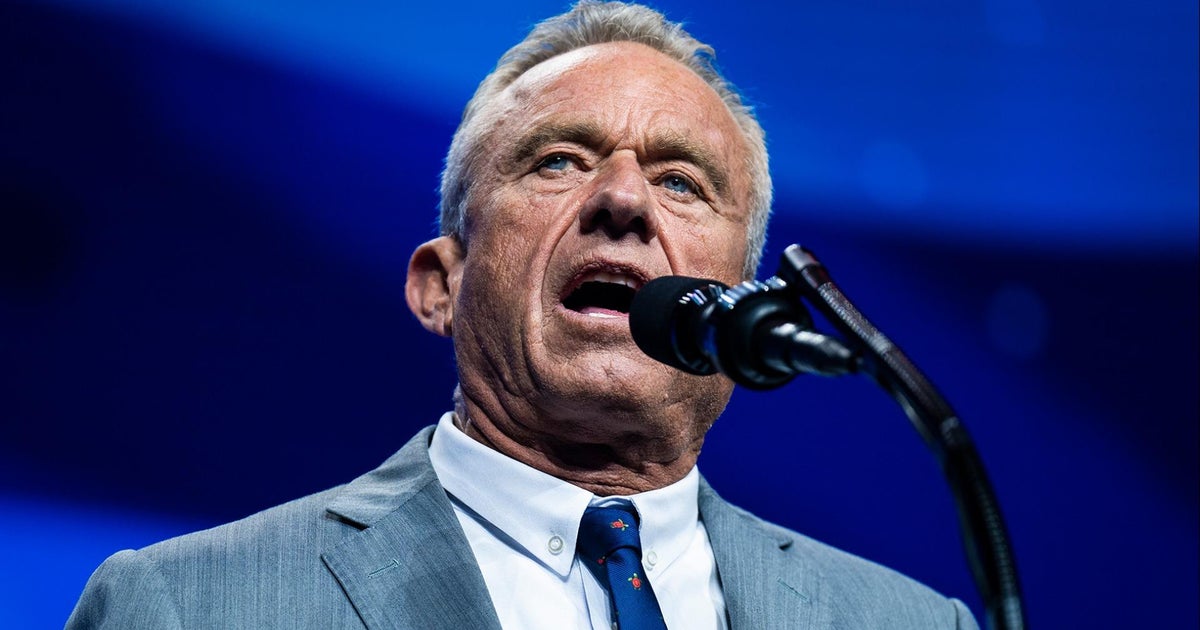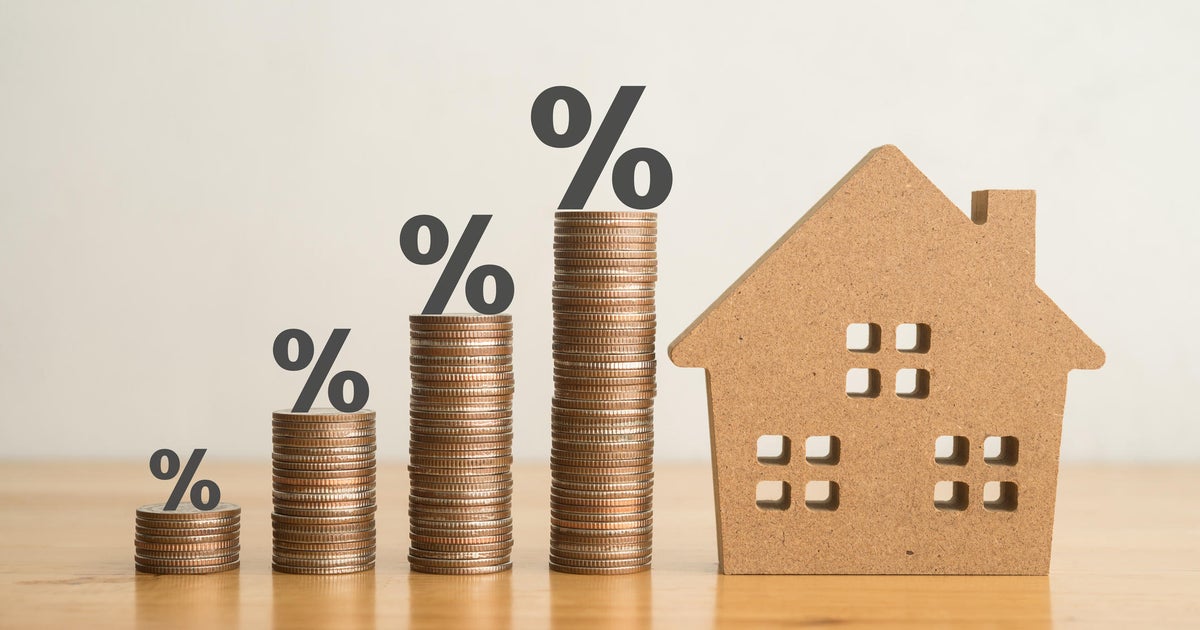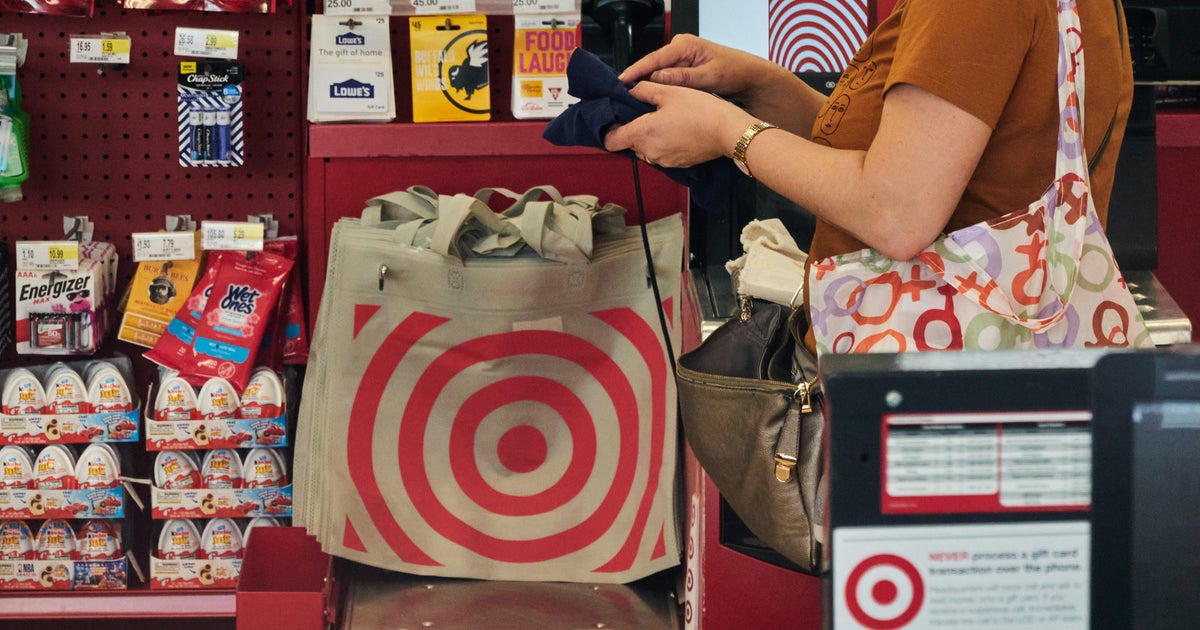Stocks jump as Wall Street looks to Fed to offset outbreak impact
Stocks surged on Monday following last week's rout, when Wall Street suffered its worst week since 2008. The market reversal comes after the Federal Reserve's Jerome Powell on Friday pledged monetary support if financial conditions decline.
The Dow soared 1,294 points, or 5.1%, to 26,704 on Monday. The tech-heavy Nasdaq jumped 4.5% and the broader S&P 500-stock index gained 4.6%. The gains follow a Dow plunge last week of more than 12%, marking the fastest recorded slide into market "correction" territory — defined as a decline of at least 10% from a previous high.
Investors have been on edge as the coronavirus spreads into more U.S. states and more than 50 countries, prompting Federal Reserve Chairman Jerome Powell to suggest the Fed could intervene with interest rate cuts or other moves by the central bank if the virus hurts the U.S. economy. That statement helped temper steepening losses on Friday and boosted sentiment on Monday, with Goldman Sachs analysts suggesting that the Fed could cut rates by a total of 1 percentage point over the next two months.
"Many commentators argue that monetary policy is ill-suited to address the impact of the virus on the economy, and that it is really public health policy (and fiscal policy more broadly) that needs to act," Goldman analysts noted. "We agree with this point but think that central bankers will still want to do their part to support the economy."
Even so, the spread of the coronavirus is prompting warnings about its impact on economic growth. The Organization for Economic Cooperation and Development on Monday cut its forecast for global economic growth in 2020 to 2.4% from 2.9% last year, saying in a report that the potential economic impact of the coronavirus outbreak is "severe."
"All we can say with any confidence at this point is that if markets remain at or close to their current levels, you should expect to see an abrupt deterioration in business and consumer sentiment over the next couple of months," Ian Shepherdson, chief economist at Pantheon Macroeconomics, wrote in a research note.
Investors are closely watching the spread of the disease both globally and in the U.S. Two deaths linked to the virus have been confirmed in the U.S., and scientists are warning that it already may have spread much more widely than believed in Washington state. The disease has led to more than 87,000 infections and resulted in at least 3,037 deaths, mostly in China.
"The coronavirus (COVID-19) outbreak has already brought considerable human suffering and major economic disruption," the OECD said in its report. "Output contractions in China are being felt around the world, reflecting the key and rising role China has in global supply chains, travel and commodity markets."
It added, "Subsequent outbreaks in other economies are having similar effects, albeit on a smaller scale."
Fed to the rescue?
Investors are recoiling against uncertainty over how widely the disease might spread and its impact on global and U.S. economic growth, noted Bruce Bittles, chief investment strategist at Baird.
"The central issue is will the virus be a short-term disruption or create long-term disturbances in the economy?" he wrote in a Monday research note.
Even though stocks are close to an "oversold condition," Bittles wrote, shares have yet to rally because of strong downside momentum. "We would encourage investors to be patient and not rush to buy until we have solid evidence that the decline has run its course," he noted.



